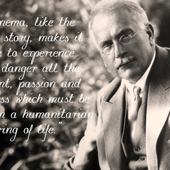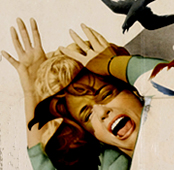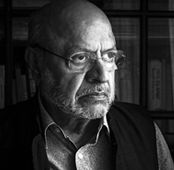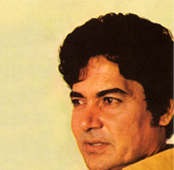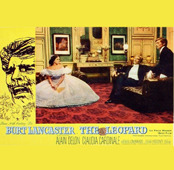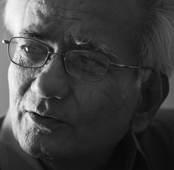-
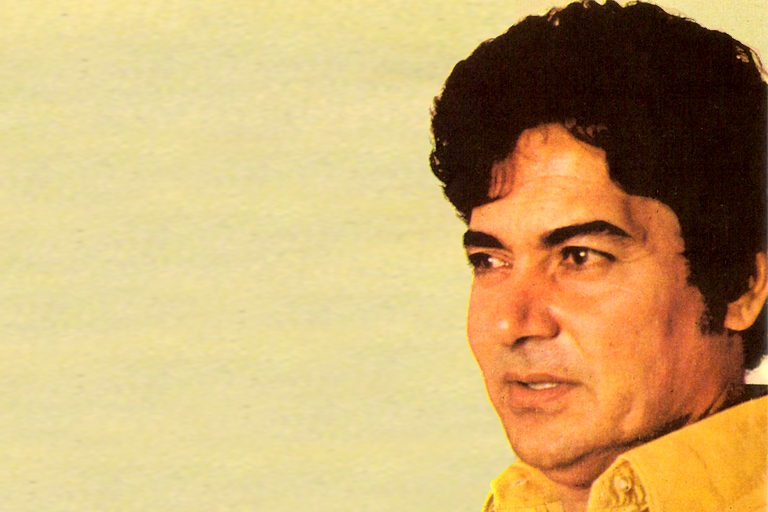 Salim Khan | Courtesy S.M.M. Ausaja, Collector & Film Historian
Salim Khan | Courtesy S.M.M. Ausaja, Collector & Film Historian
As we lead up to the centenary of Indian Cinema we ask those who’ve journeyed with it to name one significant turning point in its path.
“A turning point in Indian cinema, as in the cinema of many countries, was the advent of dubbing and playback, beginning with India’s first talkie Alam Ara in 1931. A musical, this film established song and dance as the mainstay of Indian cinema— a tradition that continues till this day. But, more importantly, dubbing and playback changed the way performance was perceived. Performances no longer had to be loud and theatrical. A character could be portrayed through acting that was ‘minimal’. The words of American actor and method-acting teacher Sanford Meisner, “an ounce of behaviour is worth a pound of words”, found new relevance in Indian cinema. The introduction of dubbing and playback also meant we were no longer reliant on actors who could sing. Instead, attention shifted to nuances in actors’ dialogue delivery or his body language. Stars like Prithviraj Kapoor and then Dilip Kumar, Raj Kapoor and Dev Anand were known for mannerisms and dialogue delivery specific to each of them. Later you had the phenomenon of the Angry Young Man, a character whose quiet brooding intensity would have been quite unimaginable if we didn’t have dubbing and playback. Today too, one associates an actor, such as Salman Khan or Aamir Khan, with their unique style of acting and dialogue delivery that either strikes a chord with the audience, or not.”
Salim Khan, 77, has been one of India’s best known scriptwriters. Along with Javed Akhtar he wrote some of the biggest hits of the seventies and the eighties, including Yaadon Ki Baaraat, Deewaar, Sholay and Don. Salim-Javed, as the duo came to be known, are credited with creating a new kind of protagonist—the angry young man—often played by superstar Amitabh Bachchan.
Turning Point
AperitifNovember 2012



